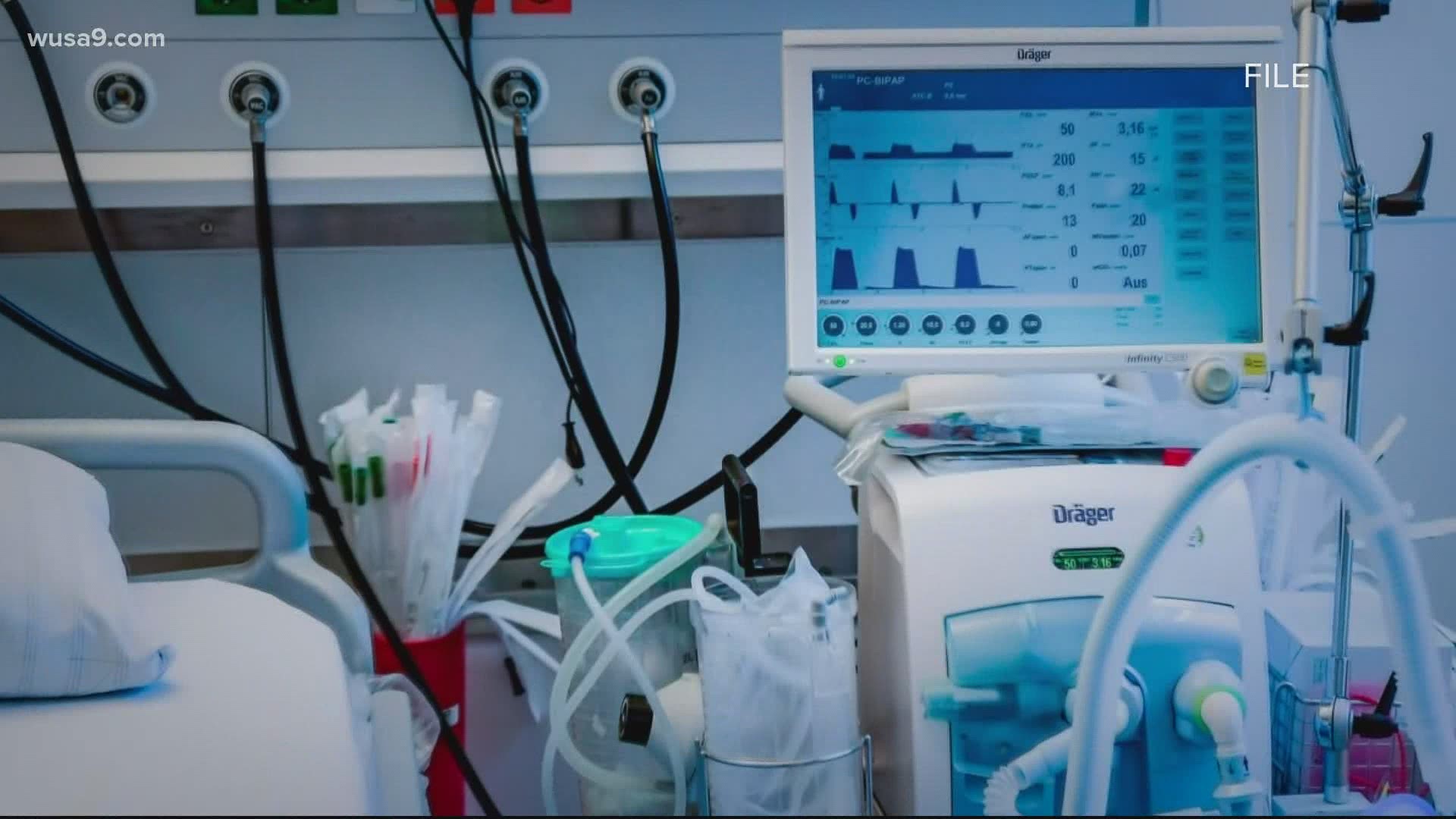MARYLAND, USA — With elective procedures and non-emergency surgeries once again able to be conducted in the state, the Maryland Hospital Association said on Thursday that the return to the operations could still bring long wait periods and rules to stop the spread of coronavirus needing to be followed inside the facilities.
Gov. Larry Hogan announced the return of medical procedures on Wednesday.
While the development meant medical issues could finally be addressed for some, the Maryland Hospital Association said the spread of coronavirus would continue bringing challenges.
"Utilization of hospitals has gone down quite a bit and we're worried people are suffering ill effects from delaying care," CEO Bob Atlas said. "We will be living with this virus for some time to come but we need to find a way to accommodate people’s needs."
After six weeks of needing to cancel appointments, Atlas said the return of the procedures now means people dealing with serious health matters can get treatment at hospitals.
"When we talk about elective procedures, we’re not talking about tummy tucks," he said. "We’re talking cancer procedures, heart procedures. They’re only called elective because they can be scheduled and they don’t happen on an emergency basis."
However, as a result of the spread of the virus, hospitals have seen a big hit financially.
Aside from needing to cancel procedures, Atlas said fewer people have come into medical facilities.
"People who really have emergencies aren’t seeking care in the hospital emergency room for fear that the hospital isn’t available or they might come in contact with people who are COVID-19 infected," he said.
According to Atlas, the cancellation of elective procedures as well as hospitals needing to prepare for surges of patients with coronavirus could lead to a $1 billion revenue loss collectively for Maryland hospitals from April to June.
"That’s north of 20% of hospital revenues for the period," he said.
As the facilities now prepare to welcome back people needing elective procedures, Atlas said they could still encounter long wait times due to the backlog of cases and severe surgeries needing to be done.
"What’s most important is that patients get care," he said. "We’re trying to prioritize those procedures where there’s imminent danger of loss of function or other debilitation.”
For the ones receiving elective procedures or non-emergency surgeries this year, Atlas said to expect certain rules to continue to stop the spread of coronavirus.
"We’re going to go slowly to get going and they’ll be a new normal in terms of the way we screen," he said. "They’ll be restrictions on visitations that will be appropriate to limit the spread."
Moving forward, he said the return of elective procedures could help patients in need but the impact of the pandemic would continue to felt.
"It’ll be gradually loosened but it’s going to be different," he said. "I think everybody is trying to figure out what does the new normal look like."


